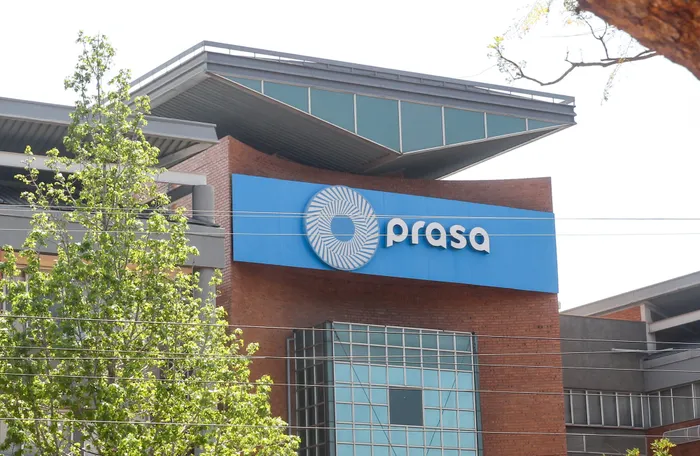
The Passenger Rail Agency of South Africa (Prasa)
Image: Jacques Naude/Independent Newspapers
South Africa’s state-owned companies are “on a direct path to collapse” because of political interference, endless bailouts, and weakened boards stripped of their independence, new University of Cape Town (UCT) research has warned.
With Eskom’s blackouts crippling businesses and Transnet’s failures choking trade, the study cautions that unless urgent reforms restore accountability and protect boards from political overreach, the country risks deepening its economic crisis.
The warning comes from Dr Minah Tong-Mongalo, who received her PhD in Commercial Law on 9 September for a thesis examining the powers of state-owned company (SOC) boards. Her research found that the core of the crisis lies in political actors treating boards as extensions of the state, rather than as independent custodians of corporate governance.
“In practice, this autonomy is routinely eroded. When boards are treated as if their authority is derived from the state shareholder, they are forced to prioritise political directives over long-term company viability, contributing directly to mismanagement, financial instability, and collapse,” Tong-Mongalo said.
Her concern was sharpened after reviewing Parliament’s Report of the Portfolio Committee on Public Enterprises on the Inquiry into Governance, Procurement, and Financial Matters, which confirmed interference as a systemic cause of misgovernance. Alarmingly, she noted, those accused of interference often removed boards when companies are struggling. “Boards must be empowered to govern without undue political pressure or the ever-present threat of removal for not rubber-stamping shareholder instructions.”
Tong-Mongalo stressed that under the Companies Act of 2008, boards have original governing authority. “Boards have fiduciary duties to the company and are legally liable for failing to act in its best interests. By contrast, state shareholder representatives often owe their loyalty to political parties rather than the company and are rarely held accountable for decisions that harm the entity. Parliamentary oversight has proven to be insufficient to enforce this accountability.”
She argued that South Africa’s governance model has strayed far from international best practice. “Board appointments remain highly politicised, often prioritising party loyalty over sector expertise, financial acumen, and governance knowledge. Even when qualified individuals are appointed, political considerations continue to influence decisions about who is eligible for key positions,” she said.
To restore stability, Tong-Mongalo called for an overarching SOC law to harmonise governance frameworks and extend fiduciary duties to state shareholder representatives. “The absence of clearly defined mandates generates ambiguity as to what constitutes the company’s best interests. Additionally, shareholder representatives are not subject to fiduciary obligations, rendering them susceptible to advancing political expediency at the expense of corporate sustainability,” she warned.
Her thesis proposes a range of reforms, including mixed-ownership structures, extending fiduciary duties with personal liability to shareholder representatives, and broadening legal standing for public-interest litigation. “Bailouts perpetuate mediocrity,” she warned.
“The urgency of reform cannot be overstated. With Eskom’s rolling blackouts disrupting businesses and Transnet’s operational failures threatening trade logistics, South Africa faces the prospect of an economic crisis exacerbated by failing SOCs,” Tong-Mongalo said.
While she welcomed initiatives such as the Presidential State-Owned Enterprises Council, Tong-Mongalo said progress was slow. “Volumes of evidence from the Zondo Commission remain unaddressed, and current legislation does not sufficiently distance the state from SOC governance.”
She added: “The SOCs should be sustainable, and the government must put a demand on their investment.”